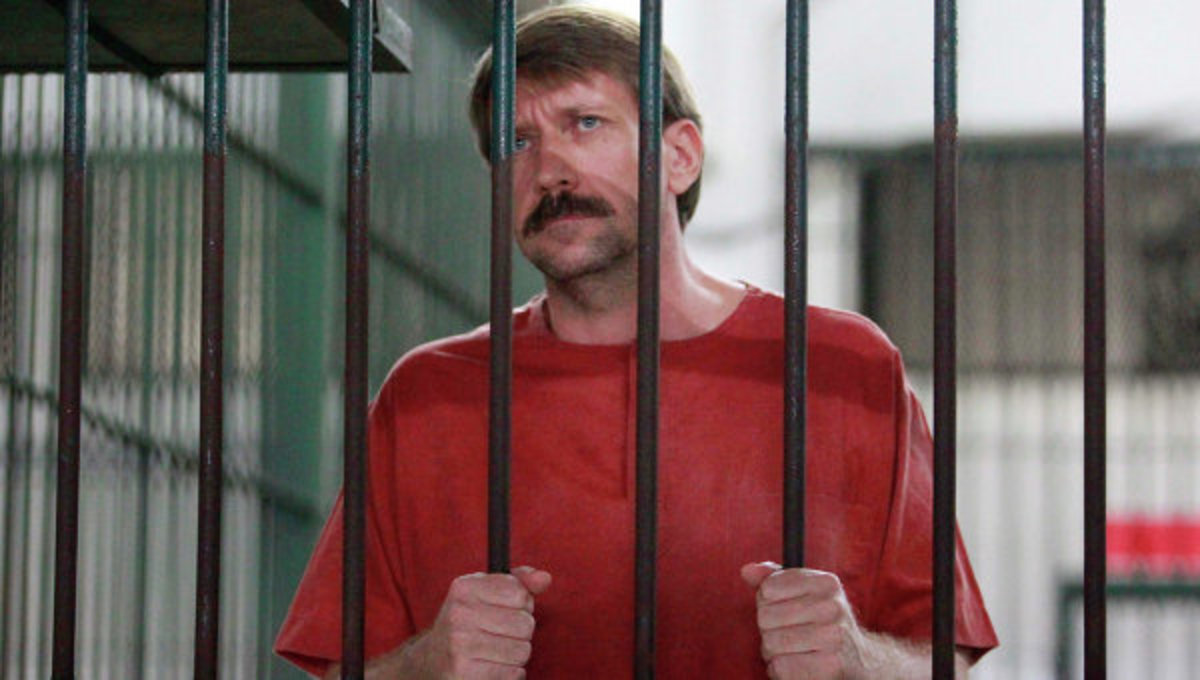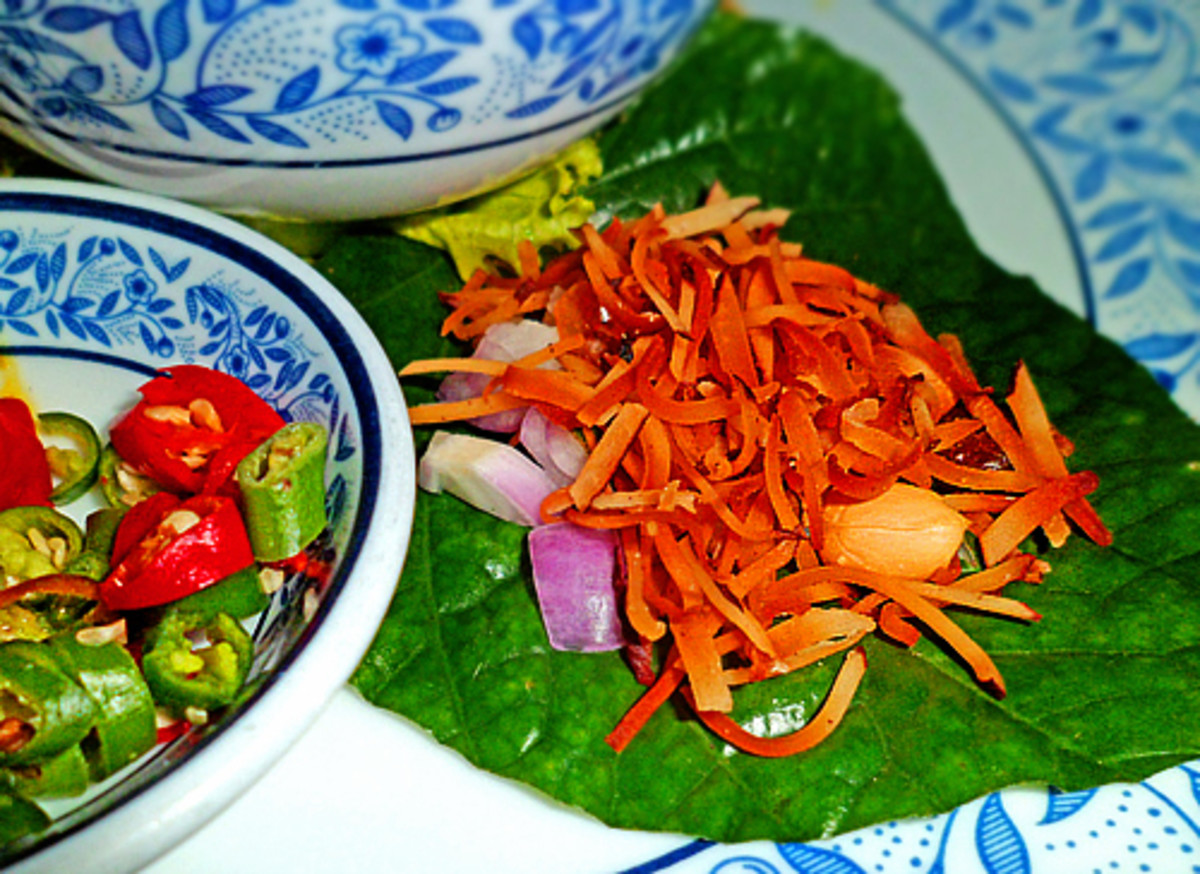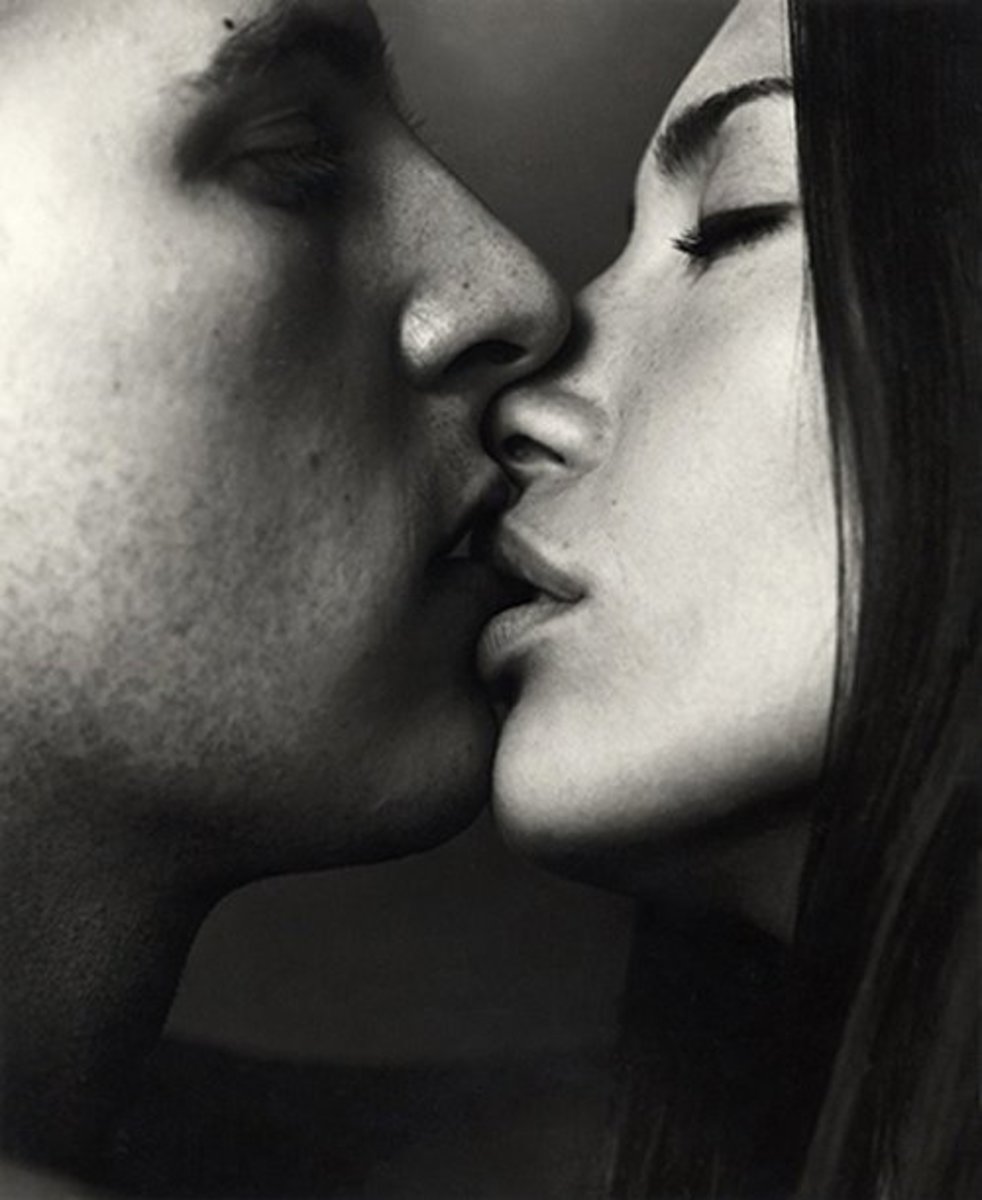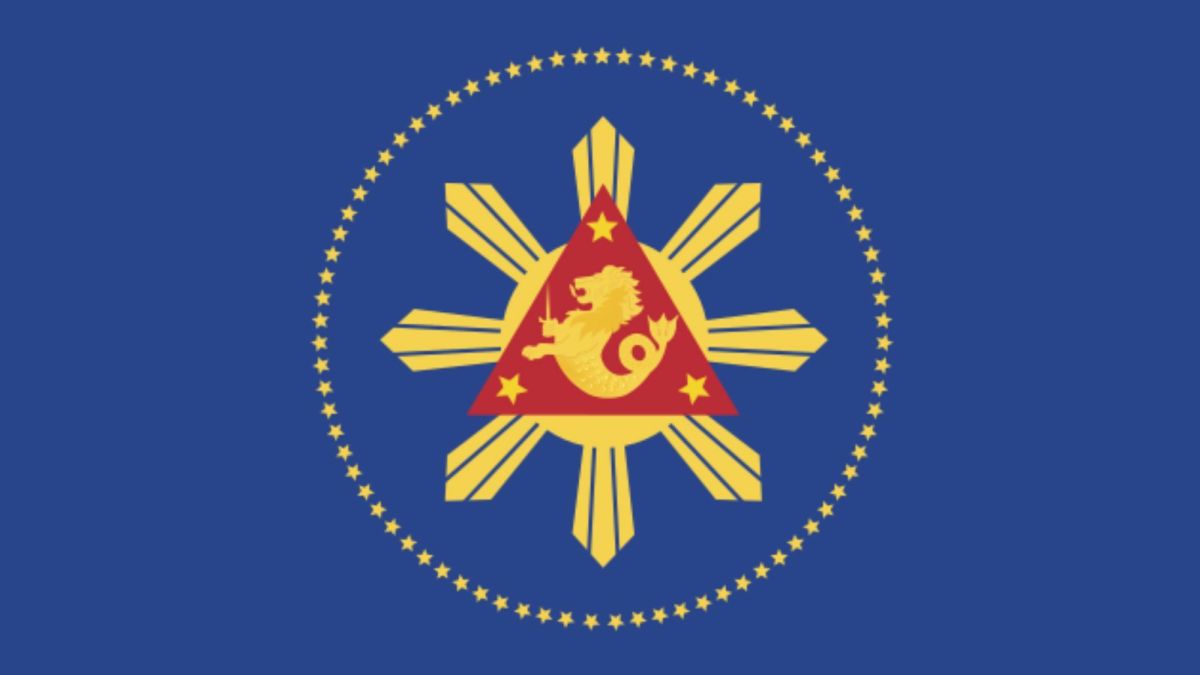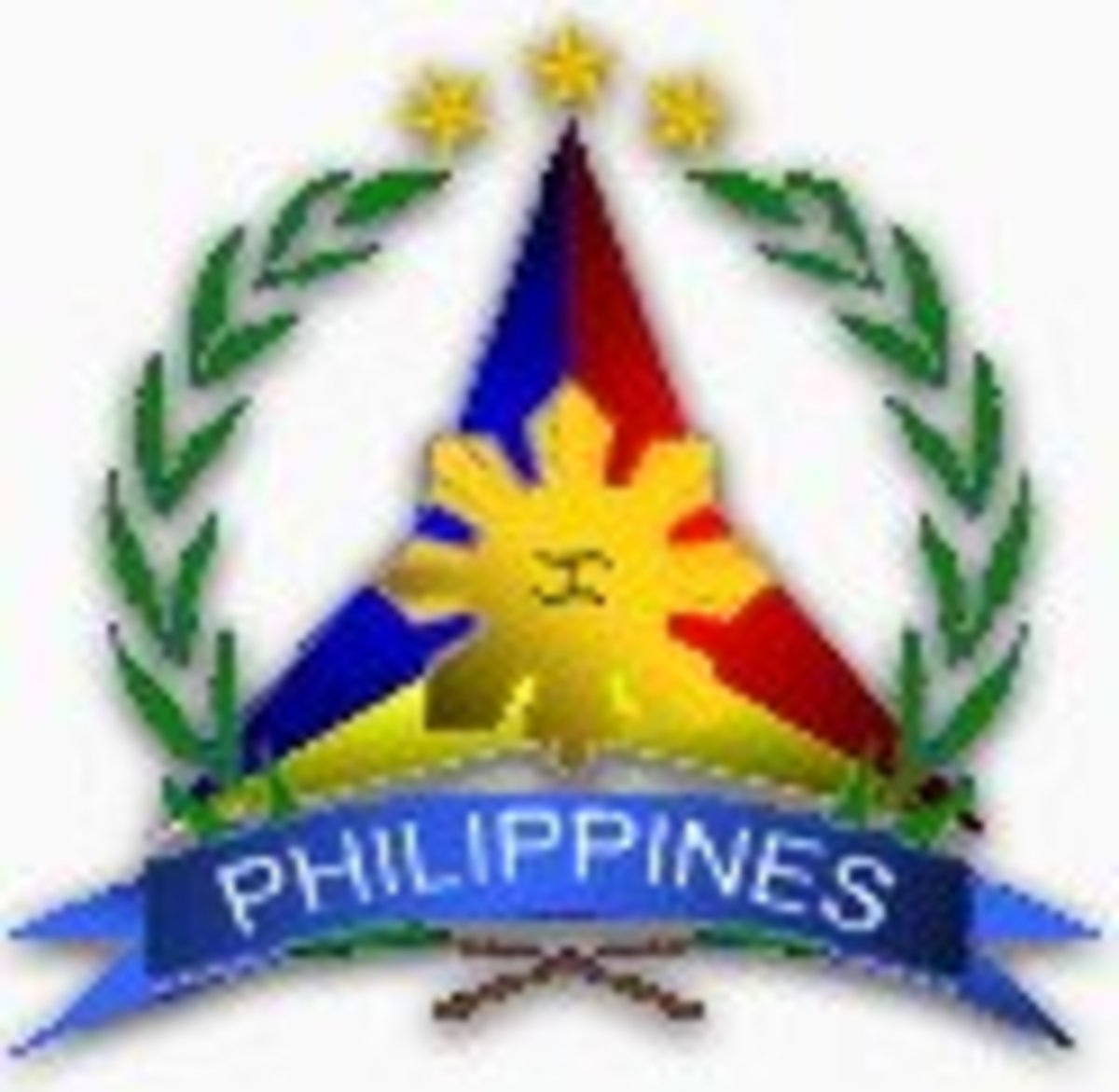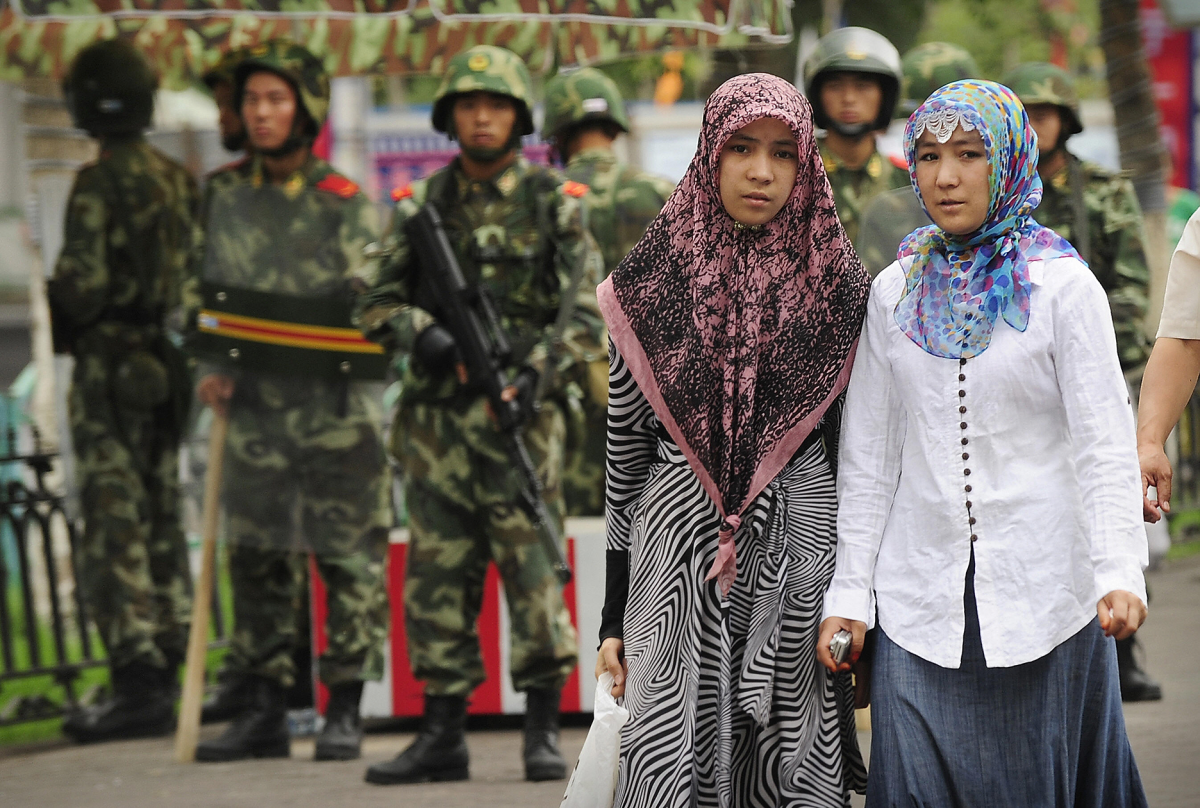Thai Politics - Thailand's Recent Political History Of Prime Ministers
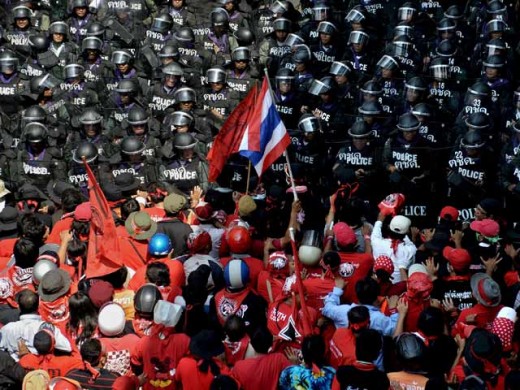
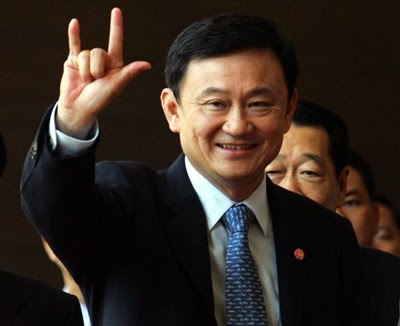
Thai Politics
The political situation in Thailand has made headlines lately, with violent protests and clashes with police and military. Red shirt supporters of former Prime Minister Thaksin Shinawatra forced the cancellation of a summit of the Association of South-East Asian Nations (Asean) in April 2009. Then in May 2010, violent protests erupted in the Thai capital of Bangkok, leading to the death of more than 50 people, including the violent assassination of Red Shirt leader Seh Daeng.
Local Thai television showed the live footage of Seh Daeng being shot in the head by an apparent sniper rifle. The Thai government and military denied any responsibility for the killing. The military was able to bring the situation under control, only after a great loss of life and the destruction of several buildings including Central World Shopping Center. The political situation today is still very unstable and it seems that more violence is imminent. In this article we will discuss the history over the past decade leading up to the tension we see today.
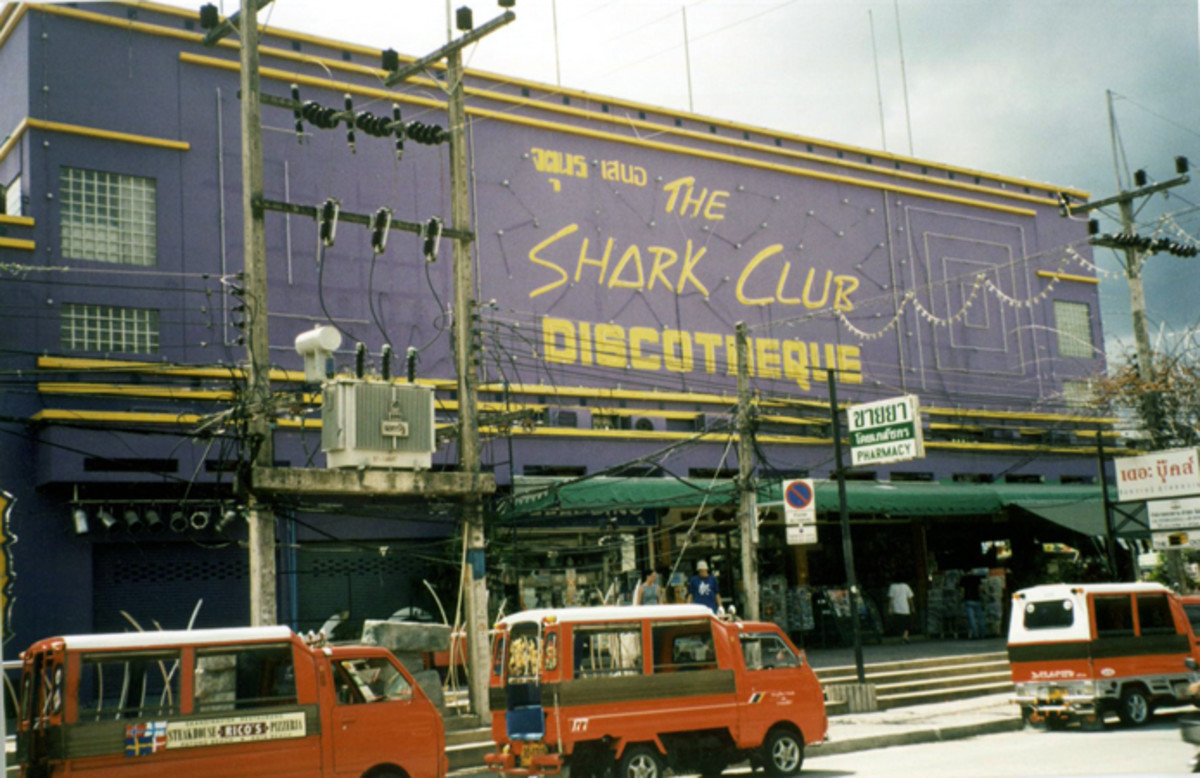
PM Thaksin Shinawatra
The former police officer began his political career with the Thai Rak Thai Party in 1998, and was elected Prime Minister in 2001. Thaksin was the first PM in Thailand to serve his full term. Thaksin is credited with reducing poverty in Thailand by 50% over his first 4 years, and also creating a universal health care system. Thaksin and the Thai Rak Thai Party enjoy overwhelming support in Thailand's rural northeastern provinces. In 2005 Thaksin and his political party won a landslide election for a second term as Prime Minister. Following the election the Shinawatra government also faced allegations of electoral fraud and corruption. Despite still being overwhelmingly popular, Thaksin was overthrown by a coup and replaced with a military junta in 2006. The Thailand Supreme Court found Thaksin guilty of a conflict of interest and sentenced him in absentia to two years imprisonment. Despite all these troubles, Thaksin remains popular today, and would likely win an election if he was allowed to run for office.
Thaksin's Drug War
In 2003 Thaksin introduced a "No Red Tape Policy" on drug offenses. This was basically a "shoot first and ask questions later" attitude towards law enforcement. Human rights groups have condemned this as a policy of state-sanctioned murder. As many as 600 people were killed by police in just 1 month in 2003 during the peak of this policy. In 2003, alone, more than 2,500 people were killed in the 'war on drugs' that was unleashed by the Thaksin government to combat growing concern about the high number of Thai teenagers being hooked on methamphetamines. Many of the victims were Innocent and may have been in the wrong place at the wrong time. "The government's strategy is to smoke out pushers, who will be eliminated by their own kind," Thaksin said.
The Military Junta
The military Junta was headed by General Sonthi Boonyaratglin, and they were also know as "Council for Democratic Reform under the Constitutional Monarchy". It is said that they were given the blessing of the King Bhumibol Adulyadej, who is quoted as saying, "So as to maintain peace and order in the nation, His Majesty the King has graciously granted a Royal Command appointing General Sonthi Boonyaratglin as Leader of the Council for Democratic Reform". In May 2007, it was revealed that the First Army Commander Prayuth Chan-ocha had been placed in charge of a secret army unit with a 319.1 million baht budget for mobilizing mass support for the junta. Lt. Gen. Prayuth claimed that he had acted in line with army policy, and that his activities were to serve communities, and not to seek political gain. The junta ruled until 2007 when elections were held for the first time since the coup.
PM Samak Sundaravej
In 2007, the first elections after the coup, the People's Power Party came to power with Samak as their leader. He was accused of being a proxy for the exiled Thaksin by the PAD (People's Alliance for Democracy). The People's Power Party was made up of several former members of the Thai Rak Thai Party, and many people feel that Samak was hand picked as their leader by Thaksin. His reign as leader did not last long, after a vote of no confidence in 2008, he was replaced by Somchai Wongsawat. Samak died from cancer at the age of 73 on the morning of November 24, 2009.
PM Somchai Wongsawat
Somchai is the brother in law of Thaksin Shinawatra. Somchai was never elected, after the premiership of Samak Sundaravej had been dissolved by the ConCourt for contravening the conflict of interests law, Somchai was successfully nominated Prime Minister. Much like Samak, Somchai's leadership was short lived. During the political and financial crisis of 2008, he suffered the same fate as Samak. His government was terminated by the same ConCourt in 2008 and he was replaced as Prime Minister.
PM Abhisit Vejjajiva
Abhisit was officially endorsed as the Prime Minister of Thailand by King Bhumibol Adulyadej on 17 December 2008, following a vote by members of Parliament. Abhisit was born in England and educated at Oxford University. During the violent protests in 2010, Abhisit promised elections in November of 2010, however he retracted this offer once the protesters continued to rally. In the past the PAD or "yellow shirts" have supported his regime, but currently there is little support and speculation is that there may be another coup on the horizon.
Yingluck Shinawatra
In 2011, The sister of former PM Thaksin becomes Thailand's first female PM. Winning the election with an overwhelming majority, a result of strong support in rural Northeastern Thailand. With Thaksin's sister taking power, many people feel that it is only a matter of time before Thaksin triumphantly returns to Thailand.
Thailand Tourism
- Terrorist Taxi Drivers Blockade Phuket International Airport In Thailand
As amazing as it sounds, it seems that a rag tag group of outlaw taxi drivers are able to force the hand of the Airport Authority, The local government and law enforcement and just about anyone who apposes them. These type of blockades are still very - Overstay Your Visa In Thailand, And Your Holiday Could Turn Into Your Worst Nightmare
We hope that after reading these stories, tourists will think twice about lazily overstaying their visas, and thinking that it is "normal", and not a problem. The chances are, overstaying your visa will not land you in jail, but by choosing to take t - Mass Grave Of 169 Bodies Found In Thailand, Suspected To Be "Red-Shirt" Anti Government Protesters
The Nation, English language newspaper in Thailand, reported today that a mass grave was found on the grounds of two temples located in Rayong province, just outside Bangkok. The Thai authorities discovered 72 bodies at the first temple and another 9 - Unexplained Deaths In Chiang Mai, Thailand At The Downtown Inn
In February of 2011, reports surfaced of the mysterious deaths of British tourists Eileen and George Everitt of the United Kingdom. The couple were found deceased in their hotel room at The Downtown Inn, in...

